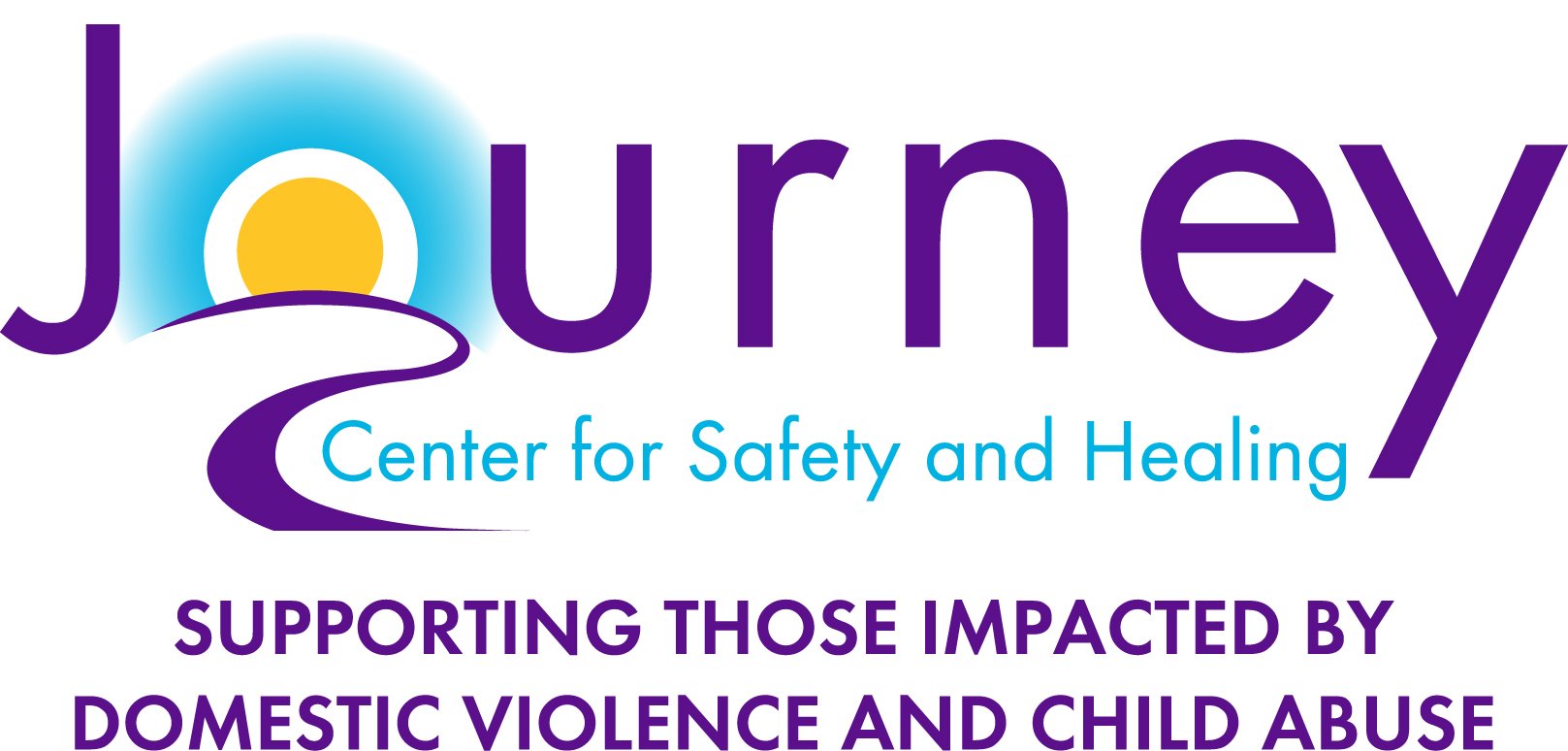National Stalking Awareness Month - Know it. Name it. Stop it.
Every year, we set aside the month of January in support of the millions of people across the country who are survivors of stalking. National Stalking Awareness Month (NSAM) is an annual call to action to recognize and respond to the serious crime of stalking.
Stalking is a form of violence that frequently co-occurs within domestic violence. Stalking is defined as a pattern of behavior directed at a specific person that would cause a reasonable person to feel fear.
Stalking is a crime of power and control and does not only occur when a person leaves the relationship; victims are stalked while still in the relationship, which makes separation difficult.
21% of the time stalking occurs during the relationship
36% of the time it happens both during and after the relationship
43% of stalking occurs after the relationship has ended.
Research shows that most perpetrators of these crimes are people who the survivors know.
Stalkers use a variety of tactics to threaten, humiliate, and cause their victim to change how they live their daily lives. Some tactics include:
Showing up unexpectedly and unwelcome at the victim’s homes, job, or even family members’ homes.
They flood their victims with emails, phone calls, and text messages.
They interfere in the daily routines of the victim.
While many stalking behaviors are not criminal as a single occurrence, when viewed as a pattern of behavior that causes a victim fear and to change their behaviors, they add up to stalking.
Common behaviors of stalking can include:
Repeated phone calls, voicemails, emails, or text messages.
Monitoring a victim’s phone activity or computer use.
Sending unwanted gifts, letters, or cards.
Posting information or spreading rumors about the victim on social media sites, in public places, or by word of mouth.
Using technology, such as hidden cameras, to watch the victim.
Driving by, waiting at, or showing up at the victim’s home, school, or work.
Following the victim, either in person or via the use of technology (e.g., GPS or location-based apps).
Using a third party to contact or stalk the victim (i.e. proxy stalking).
It is an all-too-common tactic for abusers and stalkers to utilize available technology to track or control their victims. Abusers misuse various digital applications and platforms to stalk, harass, monitor, and impersonate their victims through calls, texts, social media, tracking applications/devices, etc. Tech-facilitated stalking impacts the daily lives of victims and is just as invasive, threatening, and fear-inducing as in-person stalking.
Someone impacted by stalking may experience a variety of reactions including minimization, they may minimize the behavior or risk of the stalking behaviors; or they may avoid loved ones due to feelings of embarrassment, shame, or even feel as though they are responsible for the stalker’s behavior.
Remember, a victim is never the reason for the stalking.
Tips to consider if you are experiencing stalking:
Trust your instincts. Victims of stalking often feel pressured by friends or family to downplay the stalker’s behavior. Your safety is vital.
Call the police if you feel you are in any immediate danger.
Save all emails, text messages, photos, and postings on social networking sites as evidence of stalking behavior.
Tips to consider if a loved one is experiencing stalking:
Believe and validate. Don’t question or minimize what they tell you.
Focus on the offender’s actions, not the victim’s responses. Don’t ask questions such as, “Why did you respond to that text message?" Nothing the victim did justifies that stalker’s behavior.
Support them and encourage them to seek help. Thank them for trusting you enough to have the conversation. Help them think through all their options. Respect their choices.
Respect their privacy. Do not share any information about the victim with the stalker, or anyone else, without the victim’s approval.
Encourage them to document the stalking.
Check in. Stalking cases can last a long time, and your loved one’s reactions, wants, needs, and feelings might change over time.
Provide resources. Encourage them to reach out for services and support.
If you or someone you know is experiencing intimate partner stalking, we are always here when you need to talk.
Call or text our 24-Hour Helpline: 216.391.4357 (HELP) or live chat.
